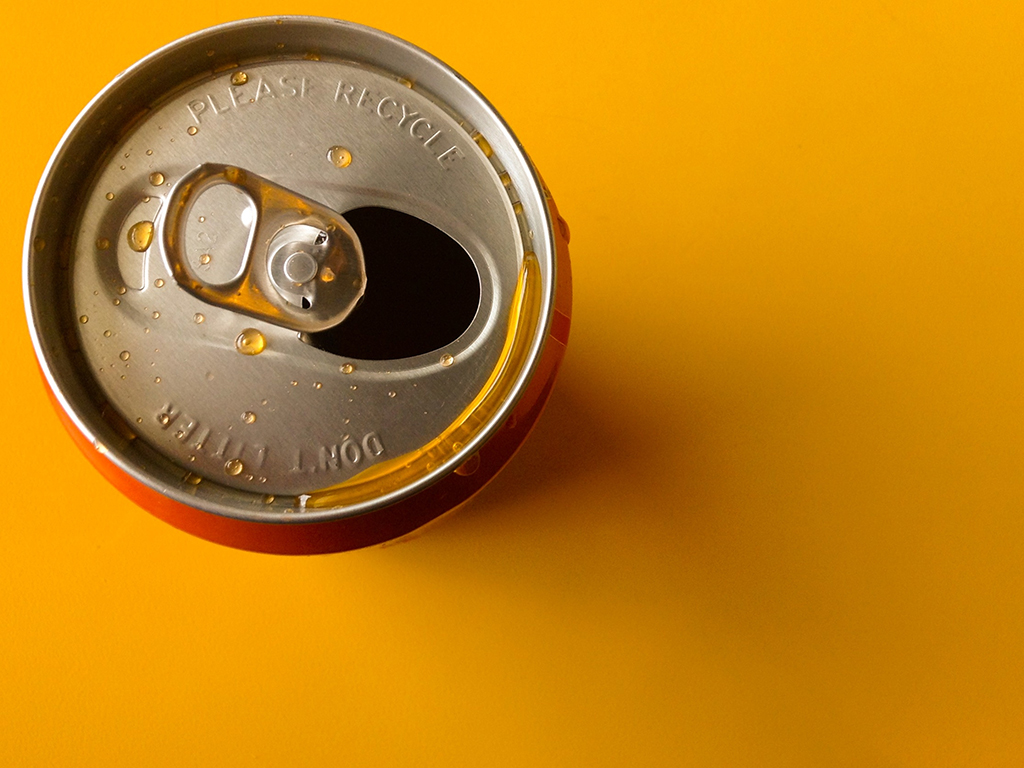We’ve all heard the one about the woman who died from Leptospirosis, which she allegedly contracted from drinking out of an aluminum can that was contaminated with dried rat urine. It’s myth, of course, but that doesn’t mean drinking out of a can doesn’t come with some concerns.

There’s the fact that the outside of the can isn’t clean and has inevitably been exposed to germs and bacteria, and there are inherent concerns about the aluminum itself.
WATCH BELOW: Does your protein powder contain heavy metals and other toxins?

However, says Jason Tetro, a microbiologist and author of The Germ Files, this doesn’t mean you need to stop drinking out of cans altogether.
“Yes, there might be fecal matter on the rim of the can, but the fact of the matter is germs are everywhere,” he says. “You have to expect that there’s some kind of microbial presence on a soda can, however, even if you have small amounts of contamination, the likelihood is that the majority of the bugs will be dead.”
And whatever live germs could be there would be so minimal that they wouldn’t make you sick. Plus, by virtue of the fact that you’re tipping the can and releasing a liquid, you’re creating a dilution effect making it much more difficult for any bacteria to harm you.
At the most, Tetro says, you could accidentally aspirate the bacteria which could potentially get into your respiratory tract. But it’s unlikely that it would be something so strong that your immune system couldn’t take care of it.
“The best thing to do is to wipe off the top area of a can before you open it — preferably with something clean and not, say, a cloth you just used to wipe down your kitchen counter.”
READ MORE: 5 everyday foods that could be linked to cancer — and how to replace them
Over the years, some studies have attempted to draw a negative correlation between overall health and exposure to aluminum and BPA in the linings of cans. But, Tetro says, the amounts of chemicals leached from the cans can’t pose a health risk.
In 2012, Health Canada conducted a probabilistic exposure assessment that takes individual chemical concentrations determined in food and compares them with the range in consumption patterns of canned drinks and food. It concluded that current exposure to BPA through packaging did not pose a health risk to the general population.
As for the BPA concern, Tetro points out that by Health Canada’s assessment, a person would have to consume 1,000 cans of soda per day to get to the point where the BPAs could cause an effect.
READ MORE: Should pregnant women stop drinking diet soda?
“It all comes down to what we like to call math,” he says.
By this rationale, there’s really only one thing that should be of concern when drinking out of an aluminum can: the drink itself.
“The most troubling component in a soda can when you’re drinking from it is the soda,” Tetro says. “You’ve got a drink filled with sugar or sweeteners and those will have a much more drastic effect on your health than any of the chemicals involved.”






Comments